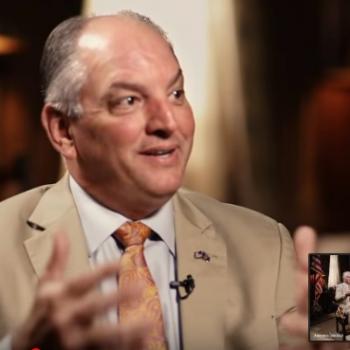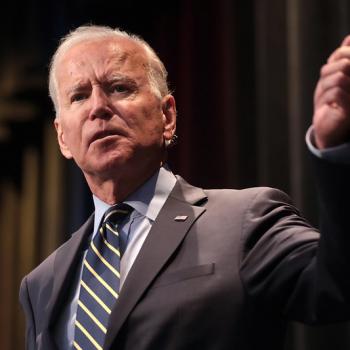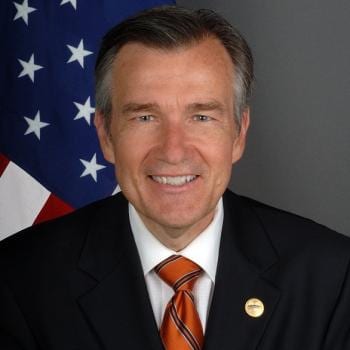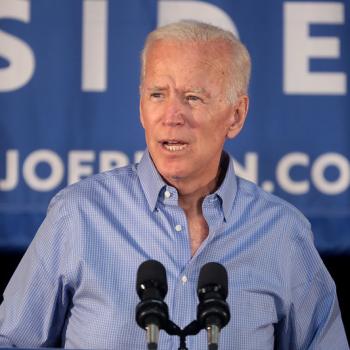Are the U.S. bishops tilted too much toward the Republicans? University of Dayton professor Vincent Miller thinks so, and raises some interesting points in a post over at CNN’s Beliefs blog:
The Catholic Church will enhance its public authority by speaking out in a way that supports and challenges both parties. Prophets are respected when they are perceived to be an independent and fair voice. When the deep coherence of Catholic moral teaching is communicated, it can free people from our partisan moral straightjackets. But when parts of this teaching are passed over in silence, the Church puts itself in a partisan straightjacket.
The official Church response to the candidacy of vice presidential nominee Paul Ryan displayed this failure to forcefully challenge both parties. In the spring, the U.S. Conference of Catholic Bishops had challenged Ryan’s proposed federal budget for failing to put “the needs of those who are hungry and homeless, without work or in poverty” first. But the bishops were largely silent on this issue during the campaign.
The response of Catholic voters, however, displayed a decidedly Catholic instinct for the common good. Introduced as a “faithful Catholic” by Romney, Ryan brought no significant bump in Catholic support for the ticket.
Indeed, Ryan’s radical budget and ideologically driven plan to end Medicare as a guaranteed benefit program did what decades of work by Catholic social justice advocates had never been able to achieve: It activated a gut level Catholic concern for solidarity and the common good. President Obama’s Catholic poll numbers peaked in the weeks following Ryan’s selection.
The Catholic Church can never turn its back on the moral dimension of politics. But it must beware the divisiveness that even the appearance of partisanship can bring into the Church. Teach and preach the fullness of the Church’s doctrines forthrightly and forcefully, but honor the decisions of the laity. The danger is not that the Church might inappropriately interfere with politics, but that partisan politics will infect the Church.











